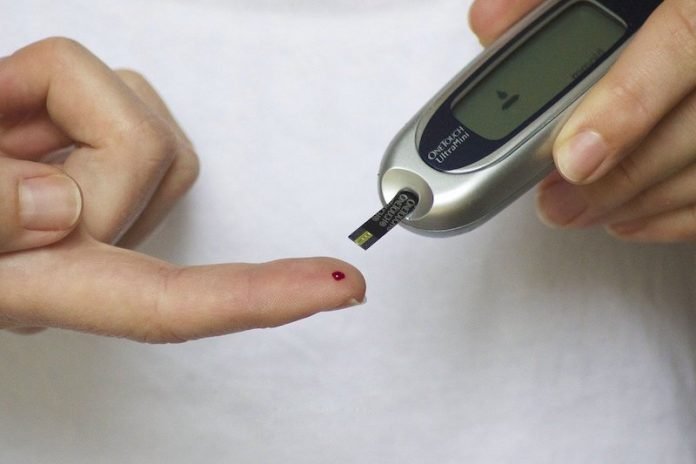
Among the 30 million U.S. adults with Type 2 diabetes, 20% have impaired kidney function.
Until recently the use of metformin in patients with diabetes and impaired kidney function was cautioned against due to safety concerns.
Over the years there has been uncertainty over which drugs are best for patients with Type 2 diabetes and kidney disease.
In a recent study from Vanderbilt University Medical Center, researchers found metformin, the recommended first-line drug therapy for Type 2 diabetes, is linked to a 20% decreased the risk of heart disease compared to common diabetes drugs sulfonylureas.
The lower risk linked to metformin translates as 5.8 fewer of these events per 1,000 person-years compared to sulfonylureas.
The events tracked in the study include heart attack, stroke, transient ischemic attack, and heart death.
The study is published in JAMA. The lead author is Christianne Roumie, MD, MPH, associate professor of Medicine and Pediatrics at VUMC.
In the study, the researchers used medical record information from nearly 50,000 U.S. military veterans.
They examined 24,679 patients who were newly diagnosed with Type 2 diabetes and developed impaired kidney function.
These people continued on metformin. Another group of 24,799 patients continued on a sulfonylurea.
The team found after 1 year, there was a 20% reduced risk of kidney adverse events with metformin compared to a sulfonylurea.
The effectiveness of metformin demonstrated in the study will further support a potential change in prescribing practices for these patients.
The researchers believe that these results should encourage providers to continue the use of metformin in mild-to-moderate kidney disease.
Copyright © 2019 Knowridge Science Report. All rights reserved.



